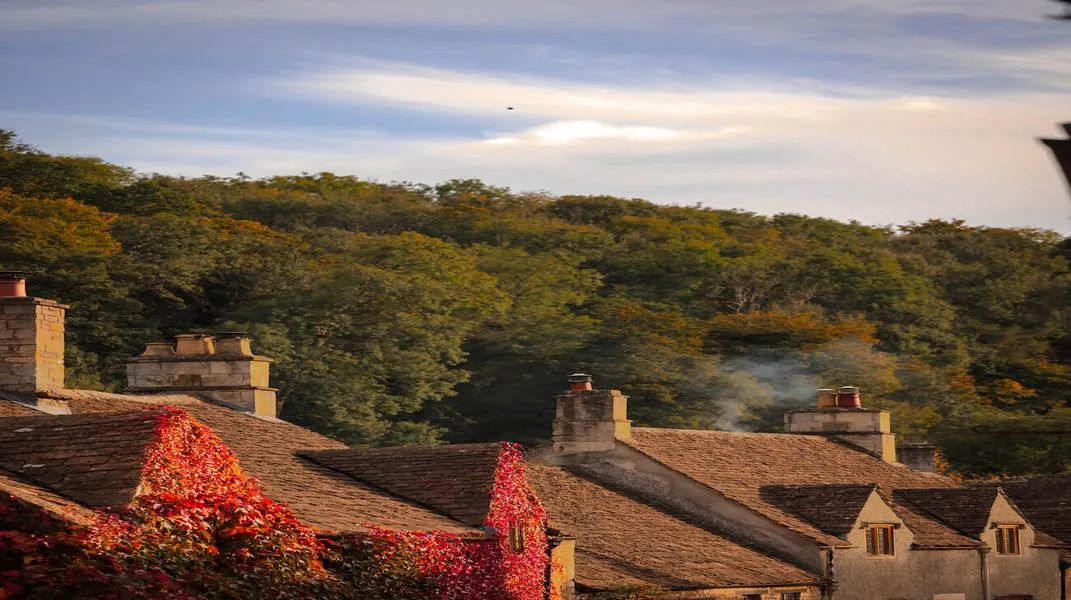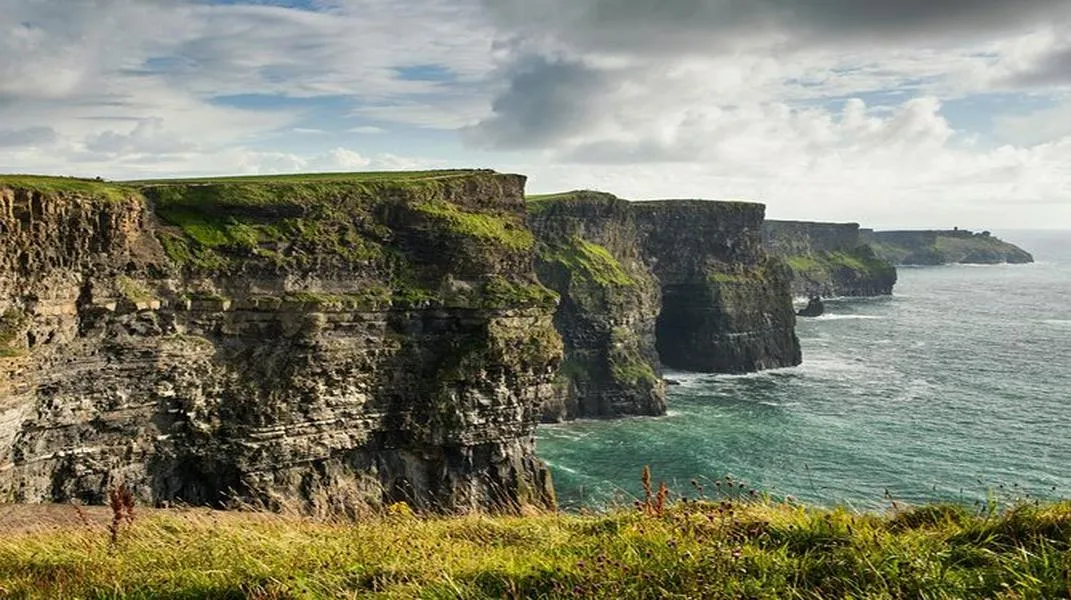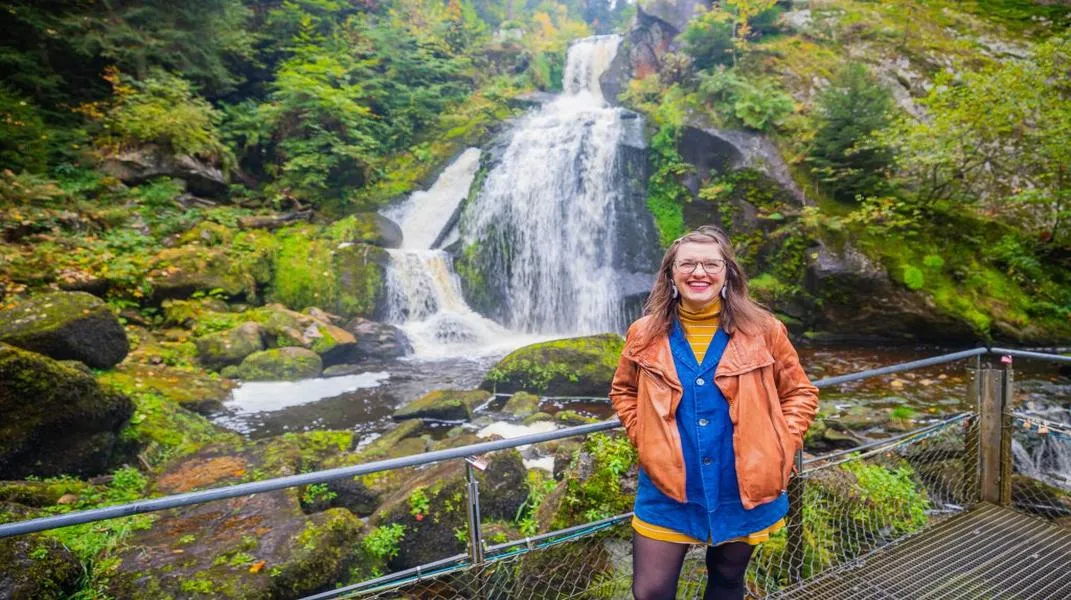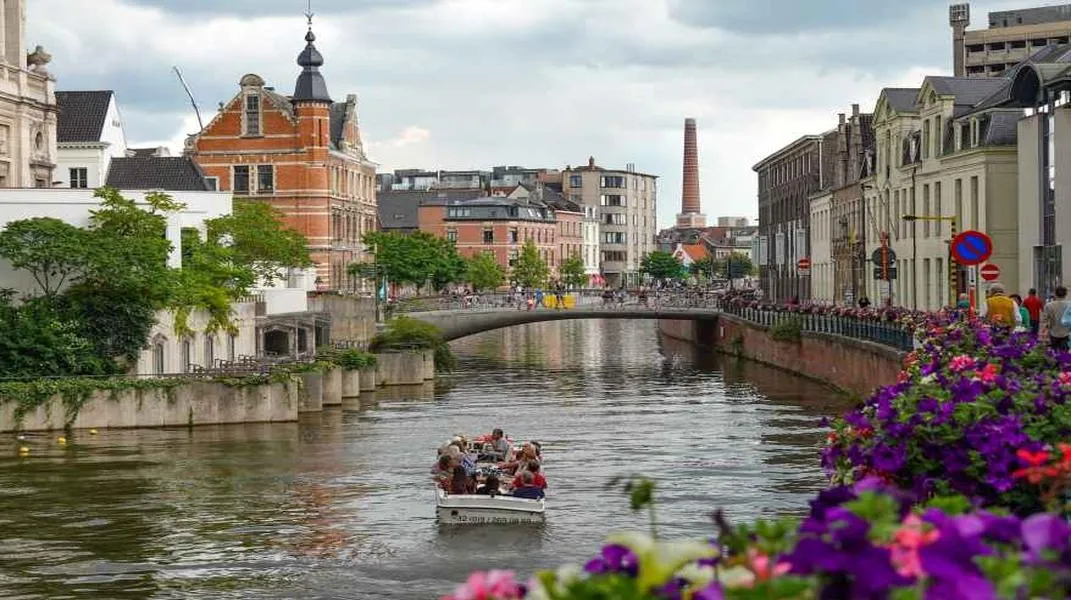Discovering Dublin: A Comprehensive Guide to Ireland's Capital
Dublin, the vibrant capital of Ireland, is a city steeped in history, culture, and a lively atmosphere that draws millions of visitors each year. From its medieval castles to its bustling streets lined with pubs, restaurants, and shops, Dublin offers a unique blend of the old and the new. Whether you are an art enthusiast, a history buff, a foodie, or simply looking to soak in the local culture, Dublin has something for everyone. In this article, we will explore the rich tapestry of attractions that Dublin has to offer, while also detailing the materials you'll need to prepare for your visit.

The Historical Heart of Dublin
Dublin Castle
Begin your journey at Dublin Castle, an architectural marvel that has witnessed over 800 years of history. Originally built in the early 13th century, the castle served as the seat of British rule in Ireland until 1922. Visitors can explore the State Apartments, which are adorned with elaborate furnishings and artwork, and the impressive Chapel Royal, known for its stunning Gothic architecture.
Preparation Tip: Book a guided tour in advance to get the most out of your visit. Bring a camera to capture the beauty of the castle’s gardens.
Trinity College and The Book of Kells
Next, make your way to Trinity College, Ireland's oldest university, founded in 1592. The campus is an architectural gem, featuring cobblestone paths, lush green lawns, and historic buildings. The highlight of any visit is the Old Library, home to the exquisite Book of Kells, a beautifully illuminated manuscript created by Celtic monks around 800 AD.
Preparation Tip: Reserve tickets for the Library in advance, especially during peak tourist seasons. A notebook can be handy to jot down your thoughts and reflections as you immerse yourself in the history.
Cultural Experiences
The National Museum of Ireland
The National Museum of Ireland consists of several branches, each dedicated to different aspects of Irish heritage. The Archaeology branch on Kildare Street is particularly fascinating, showcasing artifacts from prehistoric times to the medieval era, including the famous Tara Brooch and the treasures of the Viking Age.
Preparation Tip: Allocate at least half a day for the museum to fully appreciate the exhibits. Wear comfortable shoes, as you’ll be walking through several galleries.
The Guinness Storehouse
No trip to Dublin would be complete without a visit to the Guinness Storehouse. Learn about the history of Ireland's most famous beer, from its brewing process to its cultural significance. The tour culminates in the Gravity Bar, where you can enjoy a pint of Guinness while taking in panoramic views of the Dublin skyline.
Preparation Tip: Consider purchasing a combined ticket that includes a guided tour and a tasting session. Don’t forget to bring your ID if you plan on enjoying a pint!
The Vibrant Streets of Dublin
Temple Bar
One of the most iconic neighborhoods in Dublin is Temple Bar, known for its cobbled streets, lively atmosphere, and a plethora of pubs, galleries, and shops. The area is a hub for nightlife and cultural events, with street performers and musicians adding to the vibrant ambiance. Be sure to stop by the Temple Bar Pub, one of the oldest pubs in Dublin, for a traditional Irish music session.
Preparation Tip: Plan your visit for the evening to experience the nightlife. Bring cash as some smaller pubs may not accept cards.
O’Connell Street and the Spire
Take a stroll down O’Connell Street, Dublin's main thoroughfare, where you’ll find the monumental Spire of Dublin, a stainless steel structure that stands 120 meters tall. This street is also home to several significant statues and monuments, including the iconic Daniel O’Connell statue.
Preparation Tip: A good pair of walking shoes is essential, as you will want to explore the street and its surroundings thoroughly.
Artistic Ventures
The Irish Museum of Modern Art (IMMA)
Art lovers should not miss the Irish Museum of Modern Art, located in the stunning Royal Hospital Kilmainham. The museum hosts an impressive collection of contemporary art from both Irish and international artists. The surrounding gardens are perfect for a leisurely stroll, providing a tranquil escape from the hustle and bustle of the city.
Preparation Tip: Check the museum’s calendar for temporary exhibitions and events. Bring a sketchbook if you’re inspired to draw!
The Abbey Theatre
For a taste of Ireland's theatrical heritage, catch a performance at the Abbey Theatre, the national theatre of Ireland. Established in 1904, it has showcased works by renowned playwrights such as W.B. Yeats and Samuel Beckett. The theatre often features contemporary plays that reflect modern Irish life.
Preparation Tip: Purchase tickets in advance, especially for popular shows. Make sure to check the dress code for the evening performances.
Nature and Parks
St. Stephen’s Green
After a day of exploring, relax in St. Stephen’s Green, a beautifully landscaped park located in the heart of Dublin. The park features serene walking paths, ornamental lakes, and vibrant flowerbeds. It’s an ideal spot for a picnic or simply unwinding with a good book.
Preparation Tip: Bring a picnic blanket and some snacks for a delightful afternoon. A reusable water bottle is also a great idea to stay hydrated.
Phoenix Park
If you're looking for a larger green space, head to Phoenix Park, one of the largest enclosed parks in any capital city in Europe. The park is home to the Dublin Zoo, historic monuments, and a herd of wild deer. Rent a bike to explore the expansive trails and enjoy a leisurely ride through this natural oasis.
Preparation Tip: Pack a pair of binoculars for bird watching and a picnic to enjoy in one of the many scenic spots.
Culinary Delights
Traditional Irish Cuisine
Dublin is a foodie’s paradise, offering a diverse range of culinary experiences. Savor traditional Irish dishes like shepherd’s pie, Irish stew, and fish and chips in local pubs and restaurants. Don’t miss the chance to enjoy a full Irish breakfast, complete with sausages, black pudding, and baked beans.
Preparation Tip: Research local eateries and make reservations for popular restaurants, especially during weekends. A food diary can help you keep track of your favorite dishes.
Food Markets
For a more casual dining experience, visit one of Dublin's food markets, such as the Temple Bar Food Market, held every Saturday. Here, you can sample local produce, artisan cheeses, and baked goods from various vendors. Engage with the friendly stallholders to learn more about their products and cooking tips.
Preparation Tip: Bring reusable shopping bags to carry your delicious finds, and a small amount of cash as some vendors may not accept cards.
Nightlife and Entertainment
Pubs and Live Music
Dublin’s nightlife is legendary, with its myriad pubs offering live music, traditional Irish sessions, and a warm atmosphere. Some of the best-known venues include The Cobblestone, The Dubliners, and Whelan’s. Many pubs have live music every night, providing an authentic taste of Irish culture.
Preparation Tip: Check out local listings for live music schedules, and arrive early to secure a good spot.
Comedy and Theatre
For a night filled with laughs, consider attending a comedy show at a local venue like The Comedy Crunch or The Laughter Lounge. Dublin has a thriving comedy scene, featuring both local and international acts.
Preparation Tip: Buy tickets online ahead of time, especially for popular shows, to avoid disappointment.
Practical Preparation for Your Visit
Essential Materials to Bring
1. Travel Guidebook or App: A reliable guidebook or travel app can help you navigate the city and discover lesser-known attractions.
2. Comfortable Clothing and Footwear: Dublin is best explored on foot, so wear comfortable clothes and shoes that allow for easy walking.
3. Weather Gear: Dublin’s weather can be unpredictable, so pack a lightweight rain jacket and an umbrella to stay prepared for sudden showers.
4. Portable Charger: With all the photo opportunities and navigation apps, a portable charger will keep your devices powered throughout the day.
5. Local Currency: While many places accept cards, it’s always good to have some cash on hand for smaller transactions.
6. Travel Insurance: For peace of mind, consider travel insurance to cover any unexpected incidents during your trip.
7. Language Basics: While English is the primary language, learning a few Irish phrases can enhance your interaction with locals.
8. Health & Safety Essentials: Carry a small first aid kit, hand sanitizer, and any personal medications you may need.
Conclusion
Dublin is a city that beautifully melds its rich history with a modern, vibrant culture. From the stunning architecture of Dublin Castle to the quaint streets of Temple Bar, every corner of Dublin has a story to tell. As you immerse yourself in its art, history, and culinary delights, you’ll find that Dublin is not just a destination, but a tapestry of experiences that will leave you enchanted.
By preparing adequately and embracing the local culture, you are sure to have an unforgettable visit to Ireland’s capital, creating memories that will last a lifetime. So pack your bags, grab your camera, and get ready for an adventure in Dublin!




